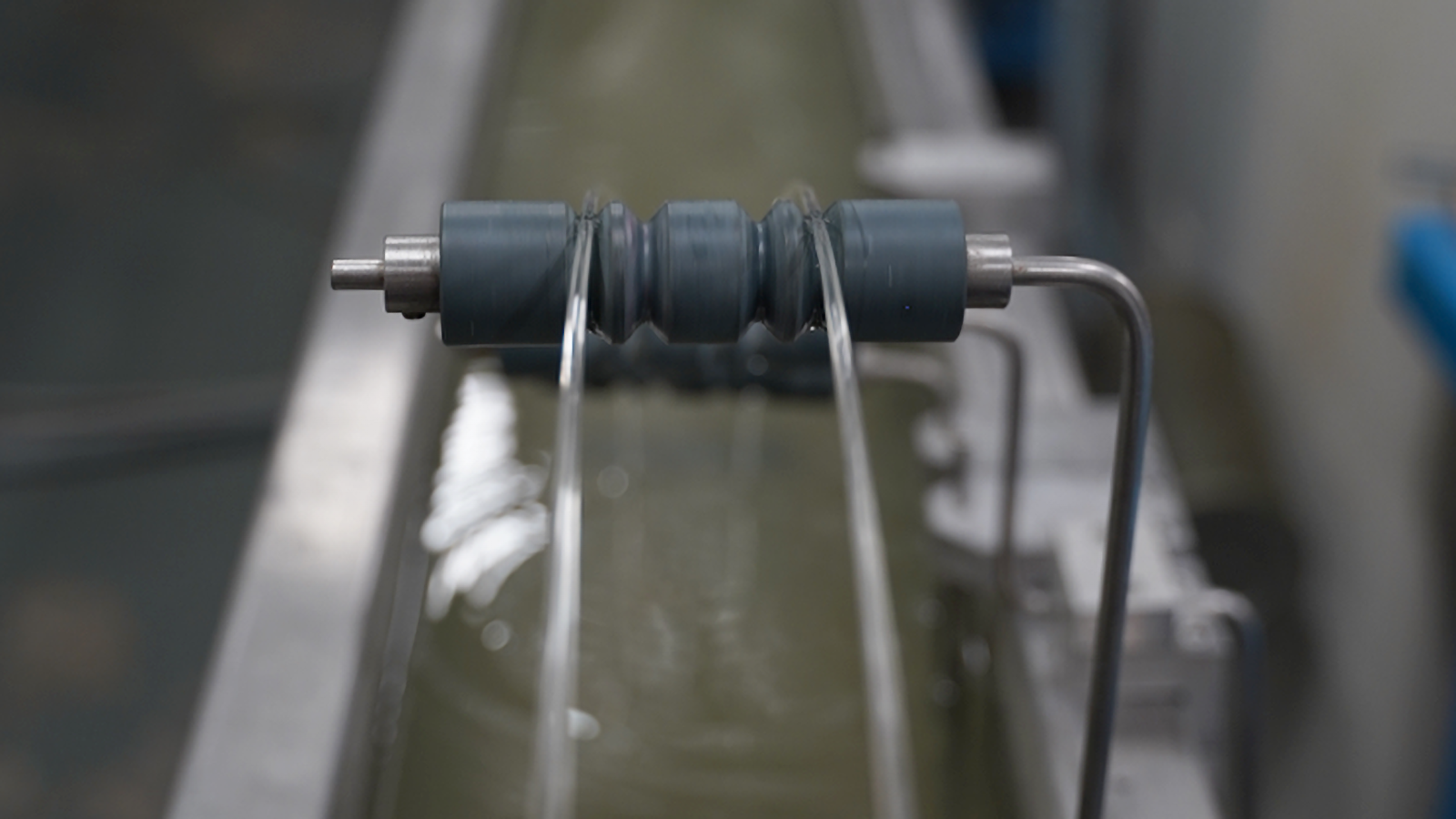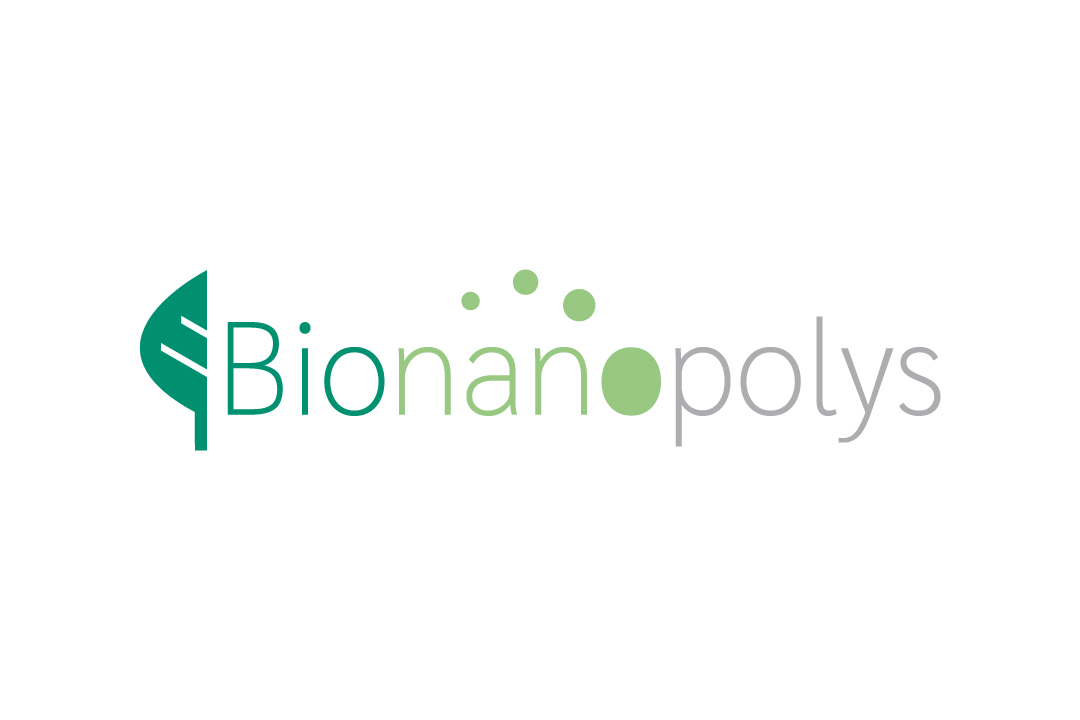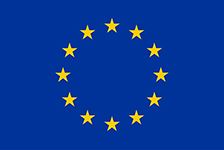BIONANOPOLYS: Open innovation test bed for developing safe nano-enabled bio-based materials and polymer bionanocomposites for multifunctional and new advanced applications.

Context
The European Green Deal has as its main objective to achieve a climate-neutral EU by 2050. The biotechnology sector is a key player that can help respond to the challenges posed by the European Union in this pact (climate protection, reduction of greenhouse gas emissions and saving fossil resources), since, through the transformation of nanomaterials of renewable origin, new materials with high specific surface area and aspect ratio can be created to develop products with new properties needed in many sectors, such as improved mechanical, thermal and rheological properties, as well as optical, barrier and active properties.
Summary and objectives
The main objective of BioNanoPolys is the creation of a network of pilot plants and complementary services to accelerate the market introduction of bio-based materials with high added value nanoparticles through a single point of entry.
Several sub-objectives will be developed within the project:
1. Upgrading and fine-tuning of the 14 pilot plants, integrated into three clusters, which will make up the BioNanoPolys OITB (Open Innovation Test Bed). To this end, important technological upgrades will be implemented:
- Five pilot plants will be launched focusing on the development of bionanomaterials from biomass. They will work with the pre-treatment of biomass and the isolation of high added value compounds to obtain nanoparticles of renewable origin, cellulose nanofibres (CNF), cellulose nanocrystals (CNC), nanolignin (NL), metal nanoparticles (NP), building blocks (BB), block copolymers (NC) and active nanocapsules.
- Three other pilot plants will develop bionanocomposites, which aim to ensure safety and maximise the dispersion of nanomaterials.
- Six pilot lines will manufacture bio-based nanoproducts from the bionanocomposites, reaching a wide range of applications in different sectors.
- Finally, the technical performance of the pilot plants will be demonstrated in the framework of more than twenty case studies involving seven key industrial players, who are also partners in the project: Novamont (reinforced polymers for packaging), Ambrosialab (cosmetics and functional ingredients), Textisol (textile and nonwovens), DANIPACK (flexible food packaging), DS Smith (paper applications for packaging), CELLMAT (foamed packaging products and lightweight structural parts) and Logoplaste (rigid packaging), HTSA (agricultural synthetic fibres).
2. Implementation of a transversal technology office to support pilot plants and end users by reducing technical risk, time and barriers to market penetration of the products obtained. This will be achieved by:
- Ensuring the responsible and safe use of bionanomaterials along the entire value chain of industrial innovation processes, from occupational and environmental exposure to consumer safety and regulatory aspects.
- Assessing and optimizing of the environmental, economic, and social impacts of OITB along the entire supply chain (including design, manufacturing and use of project results) through life cycle assessment (LCA), life cycle costing (LCC), social life cycle assessment (S-LCA) and eco-efficiency analyses. Additional end-of-life assessment will ensure recycling, composting or biodegradability of manufactured products.
- Developing safety protocols for the use of these materials for packaging in contact with food and cosmetics.
3. Launch and implement innovation management services to facilitate the commercial exploitation of the activities carried out by BioNanoPolys clients and users. To this end, we will:
- Launch a support service for the financing of SMEs, with the support of the business angels (investors) partners of this EBN and EBAN project, with the participation of 100 companies presented to the community of investors and 150 projects supported.
- Develop transferable strategies to OITB users on legal issues and intellectual property rights.
- Implement regulatory and security standards necessary for market development.
- Develop strategies for accessing investment capital instruments.
- Provide mentoring to companies’ staff to improve their skills in technology uptake.
- Implement an open call to assess customer satisfaction and improve weaknesses.
4. Set up an accessible and financially sustainable test bed during and after the project.
- Define the structure of the legal entity.
- Create a user-friendly one-stop-shop website in all official languages of the participating countries (English, Spanish, French, Portuguese, Romanian, Dutch, Croatian, German, Flemish, Polish and Italian).
- Create and update intellectual property models that address ownership, protection, and legal compliance, to maximise the potential of the collaboration.
- Define a business model to exploit BioNanoPolys with the aim of achieving a turnover of more than 48 million euros within five years of project completion.
- Implement a dissemination and communication plan at all levels (regional, national, European) to reach the largest possible number of potential consumers approached from different sectors.
- Attract at least 5 early adopters through an open call, carry out 20 feasibility assessments and reach at least 400 stakeholders (50 per user case) through dissemination activities, including a digital platform for stakeholder participation. o Attract at least 5 early adopters through an open call, carry out 20 feasibility assessments and reach at least 400 stakeholders (50 per user case) through dissemination activities, including a digital platform for stakeholder participation.
Consortium
The BioNanoPolys consortium brings together 27 partners from 12 European countries including 10 research centres, 10 SMEs, 3 corporations, 2 universities and 2 non-profit associations.
1. PACKAGING, TRANSPORT AND LOGISTICS RESEARCH CENTRE-ITENE (Spain).Coordinator.
2. ASOCIACION DE INVESTIGACION DE LA INDUSTRIA TEXTIL-AITEX (Spain).
3. FUNDACION CIDAUT (Spain).
4. CENTRE TECHNIQUE DE L INDUSTRIE DESPAPIERS CARTONS ET CELLULOSES (France).
5. CENTITVC – CENTRO DE NANOTECNOLOGIA E MATERIAIS TECNICOS FUNCIONAIS E INTELIGENTES ASSOCIACAO (Portugal).
6. SAECHSISCHES TEXTILFORSCHUNGSINSTITUT E .V. (Germany).
7. BIO BASE EUROPE PILOT PLANT (Belgium).
8. ACIB GMBH (Austria).
9. POLITECHNIKA WROCLAWSKA (Poland).
10. INSTITUTUL NATIONAL DE CERCETAREDEZVOLTARE PENTRU MICROTEHNOLOGIE (Romania).
11. COMMISSARIAT A L’ENERGIE ATOMIQUE ET AUX ENERGIES ALTERNATIVES (France).
12. IRIS TECHNOLOGY SOLUTIONS, SOCIEDAD LIMITADA (Spain).
13. UNIVERSITEIT GENT (Belgium).
14. BIOTREND-INOVACAO E ENGENHARIA EM BIOTECNOLOGIA SA (Portugal).,
15. PARTICULA GROUP DRUSTVO S OGRANICENOM ODGOVORNOSCU ZA USLUGE (Croatia).
16. EUROPEAN BUSINESS ANGELS NETWORK (Belgium).
17. EUROPEAN BUSINESS AND INNOVATION CENTRE NETWORK AISBL (Belgium).
18. LAW IN NOVATION (Belgium).
19. AXIA INNOVATION UG (Germany).
20. AMBROSIALAB SRL (Italy).
21. HILOS TECNICOS SAN MIQUEL SL (Spain).
22. TEXTISOL SL (Spain).
23. NOVAMONT SPA (Italy).
24. DANIPACK, INDUSTRIA DE PLASTICOS, SA (Portugal).
25. DS SMITH PLC (United Kingdom).
26. CELLMAT TECHNOLOGIES SL (Spain).
27. LOGOPLASTE INNOVATION LAB LDA (Portugal).
ITENE´s role in BIONANOPOLYS
The BioNanoPolys project is organised in 12 work packages (WP) and ITENE is the project coordinator. In addition, ITENE participates in all the WP and, more specifically, leads the WP1 for the coordination of the project, the WP4, that consists of the improvement of the pilot plants for the processing of bionanocomposites, the WP10, for the management of the open access launch of BioNanoPolys to potential customers through an open call, and the WP12 that must define the ethical requirements with which the project must comply. The research centre also participates in the improvement of the pilot lines for the extraction of nanoadditives and materials (WP3) and for the production of bionanoproducts (WP5).
ITENE is also involved in the development of case studies (WP7) on building blocks (Novamont) and cellulose nanofibre packaging (DS Smith). It also supports the innovation activities of WP2 (capabilities and services to ensure the sustainability of OITB), WP9 (business services and technology transfer) and WP11 (dissemination). Finally, the research centre will be actively involved in WP8, which will deal with safety assessment, policy regulation and environment.
The European innovation platform consists of 14 upgraded pilot plants and complementary services. In particular, five pilot plants focus on the development of bionanomaterials from biomass, three pilot plants are dedicated to bionanocomposites and six plants focus on the manufacture of bio-based nanoproducts to reach a wide range of applications in different sectors.
In a virtual conference in English, ITENE presented the capabilities and services that the test bed and the open call will offer together with representatives of AITEX, AXIA Innovation, CTP, CEA and CENT, which are part of the project consortium.

